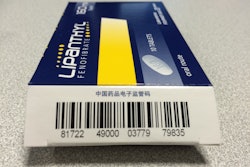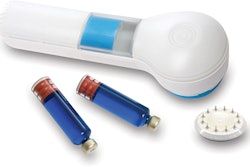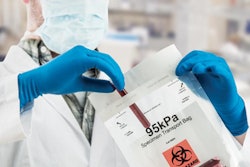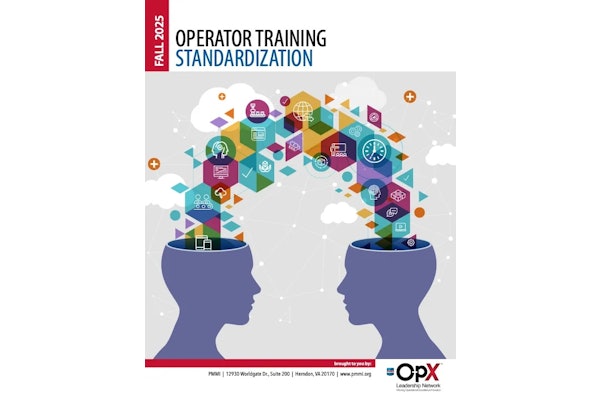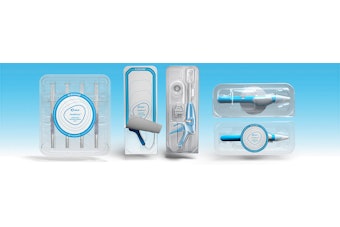Two experimental vaccines to prevent the Ebola virus infection is now available to volunteers in Liberia, as part of a large clinical trial to assess the safety and efficacy of them.
One vaccine candidate, cAd3-EBOZ, uses a chimpanzee-derived cold virus to deliver Ebola virus genetic material from the Zaire strain of virus causing the outbreak in Liberia. It was co-developed by NIAID scientists and GlaxoSmithKline.
The other candidate, VSV-ZEBOV, employs vesicular stomatitis virus, an animal virus that primarily affects cattle, to carry an Ebola virus gene segment. The VSV-ZEBOV vaccine was developed by the Public Health Agency of Canada and licensed to NewLink Genetics Corporation through its wholly owned subsidiary BioProtection Systems Corporation.
The trial is being led by a recently formed Liberia-U.S. clinical research partnership and is sponsored by the National Institute of Allergy and Infectious Diseases, part of the National Institutes of Health.
The Partnership for Research on Ebola Vaccines in Liberia or PREVAIL, a Phase 2/3 study, is designed to enroll approximately 27,000 healthy men and women aged 18 years and older.
"The scale of the current Ebola outbreak in West Africa is unprecedented, and specific medical countermeasures are needed for this and future outbreaks,” said NIAID Director Anthony S. Fauci, M.D. “It is imperative that any potential countermeasures, including vaccines, be tested in a manner that conforms to the highest ethical and safety standards in clinical trials designed to provide a clear answer to the question of whether a candidate vaccine is safe and can prevent infection. This trial is designed to provide such answers.”



